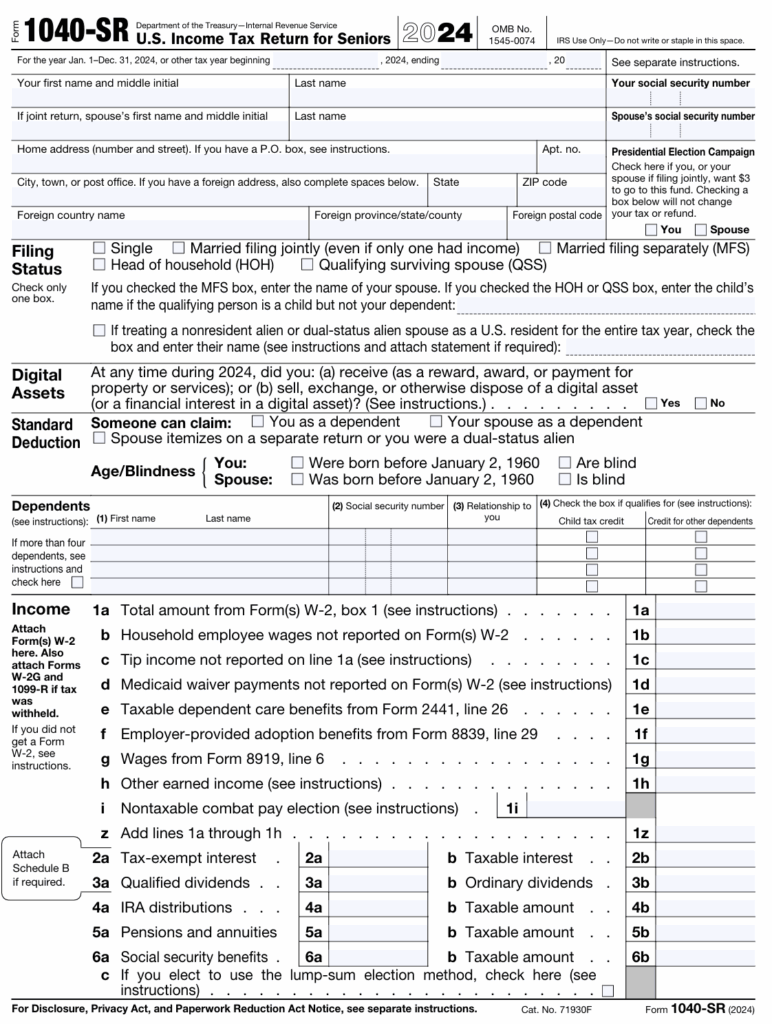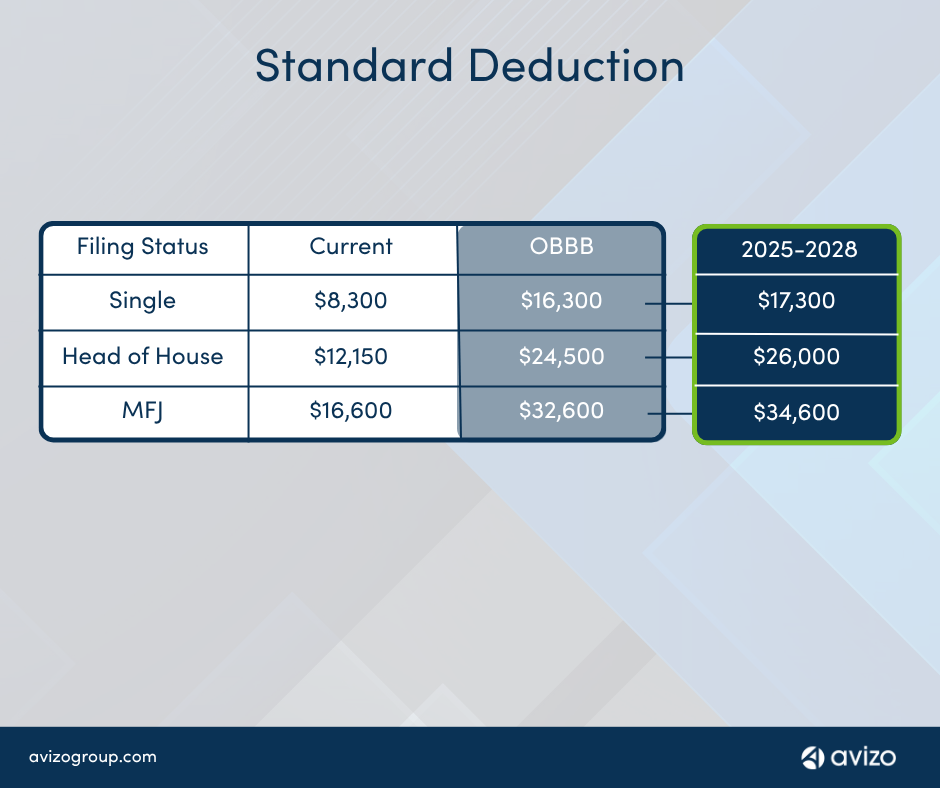The FEIE Standard Deduction: Why it matters for digital nomads
Wiki Article
Everything about the Foreign Earned Revenue Exemption: Optimizing Your Requirement Deduction Advantages
The Foreign Earned Income Exclusion (FEIE) provides a valuable opportunity for united state people living abroad to lessen their tax responsibilities. Comprehending the qualification requirements is vital for those looking for to gain from this exclusion. Claiming the standard reduction can improve general tax advantages. Managing this process involves mindful focus to information and an understanding of typical risks. Discovering these facets can supply clearness and take full advantage of prospective tax obligation advantages.Recognizing the Foreign Earned Revenue Exemption (FEIE)
The International Earned Revenue Exclusion (FEIE) allows U.S. citizens and resident aliens functioning abroad to exclude a portion of their international incomes from federal revenue tax obligation. This arrangement works as a financial alleviation system, allowing migrants to maintain a larger share of their revenue made in foreign nations. By lowering taxable income, the FEIE aids relieve the worry of dual taxation, as people might additionally undergo tax obligations in their host countries. The exemption uses just to earned income, that includes wages, incomes, and professional costs, while passive revenue and investment gains do not certify. To profit from the FEIE, people should file details forms with the internal revenue service, outlining their international incomes and residency - FEIE Standard Deduction. Understanding the subtleties of the FEIE can significantly influence financial preparation for U.S. residents living overseas, making it vital for migrants to stay notified concerning this beneficial tax obligation provisionEligibility Criteria for the FEIE
To get the Foreign Earned Earnings Exclusion (FEIE), individuals need to fulfill particular qualification criteria. This includes gratifying residency needs, passing the physical presence test, and developing a tax obligation home in a foreign country. Each of these elements plays an essential role in identifying whether one can take advantage of the exemption.Residency Requirements
Satisfying the residency demands is important for people looking for to receive the Foreign Earned Income Exemption (FEIE) To be qualified, taxpayers must establish a bona fide house in a foreign nation or countries for a nonstop duration that typically covers a whole tax obligation year. This need highlights the necessity of a deeper link to the foreign location, moving beyond plain physical presence. Individuals should demonstrate their intent to live in the foreign country and have established their living situation there. Elements such as the length of stay, sort of real estate, and neighborhood area participation are taken into consideration in establishing residency. Meeting these requirements is essential, as failure to do so might disqualify one from taking advantage of the FEIE.Physical Presence Examination
Developing qualification for the Foreign Earned Revenue Exclusion (FEIE) can likewise be accomplished with the Physical Visibility Test, which needs individuals to be literally present in a foreign country for at the very least 330 complete days throughout a successive 12-month duration. This test is useful for those that may not satisfy the residency need yet still stay abroad. The 330 days have to be full days, meaning that any day invested in the United States does not count toward this total amount. It is vital for individuals to keep precise records of their travel dates and locations to sustain their cases. Effectively passing this examination can significantly reduce taxed income and boost monetary outcomes for migrants.Tax Home Place
Tax home area plays an important duty in determining qualification for the Foreign Earned Earnings Exclusion (FEIE) To qualify, a private need to establish a tax home in a foreign nation, which means their primary business is outside the USA. This stands out from a plain residence; the private must conduct their job in the foreign nation while maintaining a substantial link to it. The IRS requires that the taxpayer can show the intent to remain in the international area for a prolonged duration. Furthermore, maintaining a home in the united state can complicate qualification, as it might suggest that the person's true tax home is still in the USA. Recognizing this standard is critical for taking full advantage of FEIE benefits.Just how to Assert the FEIE on Your Income Tax Return
Claiming the Foreign Earned Revenue Exclusion (FEIE) on a tax return requires cautious focus to detail and adherence to details internal revenue service standards. Taxpayers must first confirm qualification by fulfilling either the authentic residence test or the physical presence test. As soon as qualification is validated, they must finish internal revenue service Form 2555, which details foreign gained revenue and relevant info concerning their tax home.It is vital to report all international income accurately and preserve ideal documentation to support claims. Taxpayers ought to likewise be aware of the maximum exclusion limit, which is subject to annual adjustments by the IRS. Filing Form 2555 together with the annual income tax return allows taxpayers to exclude a section of their international revenues from united state tax. Lastly, it is a good idea to get in touch with a tax obligation specialist or internal revenue service sources for updated information and guidance on the FEIE procedure, ensuring compliance and check my site maximization of potential advantages.
The Requirement Reduction: What You Need to Know
Just how does the typical reduction impact taxpayers' general economic circumstance? The basic reduction functions as a considerable tax obligation benefit, reducing gross income and potentially reducing tax obligation liabilities. For the tax year 2023, the common reduction is evaluated $13,850 for solitary filers and $27,700 for married couples submitting jointly. This reduction simplifies the filing procedure, as taxpayers can choose it as opposed to itemizing deductions, which requires comprehensive record-keeping.
Taxpayers earning international revenue might still declare the basic deduction, benefiting from decreased taxable income even while utilizing the Foreign Earned Earnings Exclusion (FEIE) However, it is important to note that the typical deduction can not be combined with itemized reductions for the same tax obligation year. Subsequently, comprehending the conventional deduction allows taxpayers to make enlightened choices regarding their tax approaches, taking full advantage of offered benefits while guaranteeing compliance with IRS regulations
Techniques for Maximizing Your Deductions
Optimizing reductions under the Foreign Earned Income Exemption needs a clear understanding of earned income limitations and the advantages of claiming real estate exclusions. Furthermore, making use of Form 2555 properly can improve the possibility for considerable tax financial savings. These techniques can greatly affect the total tax liability for migrants.Understand Earned Income Limitations
While several expatriates seek to decrease their tax obligation burden, comprehending the earned revenue limits is essential for properly leveraging the Foreign Earned Earnings Exemption. The Irs (IRS) establishes certain thresholds that determine the optimum amount of international earned revenue eligible for exemption. For the tax year 2023, this limit is $120,000 per certified person. Exceeding this threshold might cause taxes on the income over the limit, lessening the advantages of the exclusion. To optimize reductions, expatriates should keep precise documents of their foreign made earnings and analyze their eligibility for the exemption yearly. Strategic planning around these limitations can greatly improve tax cost savings, allowing expatriates to enhance their economic scenario while living abroad.Declaring Housing Exclusion Benefits
Several migrants ignore the prospective benefits of asserting the Real estate Exclusion, which can significantly decrease their gross income. This exclusion permits people living abroad to deduct particular real estate costs from their gross earnings, making it simpler to meet economic commitments without incurring substantial tax obligation obligations. To optimize this advantage, expatriates ought to verify they certify based on their house and work situations. Additionally, understanding qualified costs-- such as rent, utilities, and upkeep-- can improve the general deduction. Keeping thorough documents of these prices is crucial for validating claims. By strategically navigating via the Housing Exemption, expatriates can notably lower their tax concern and retain more of their profits while living overseas, inevitably enhancing their financial health.Utilize Form 2555 Efficiently
Using Kind 2555 properly can considerably enhance the monetary advantages readily available to expatriates, especially after benefiting from the Housing Exclusion. This kind permits people to declare the Foreign Earned Earnings Exemption, which can significantly lower taxable earnings. To optimize deductions, expatriates need to verify they satisfy the credentials, consisting of the physical existence examination or the authentic residence test. It is necessary to accurately report all foreign gained revenue and to keep extensive documents of eligibility. Additionally, visit our website making use of the Housing Exemption in tandem with Form 2555 can even more lower total tax obligation. By recognizing the intricacies of these kinds, migrants can optimize their tax scenario and preserve more of their hard-earned earnings while living abroad.Typical Risks to Stay Clear Of When Declaring Your Tax Obligations Abroad

Often Asked Concerns
Can I Declare Both FEIE and the Foreign Tax Obligation Credit Score?
Yes, an individual can declare both the Foreign Earned Earnings Exemption (FEIE) and the Foreign Tax Obligation Credit Scores (FTC) Nevertheless, they must guarantee that the same income is not made use of for both advantages to stay clear of dual advantages.What Occurs if I Exceed the FEIE Revenue Limitation?
Surpassing the Foreign Earned Income Exemption (FEIE) earnings limit causes the ineligibility for the exclusion on the excess quantity. This might result in taxable revenue in the United States, requiring proper tax filings.Are There Any Type Of State Tax Effects for FEIE?
State tax implications for the Foreign Earned Earnings Exclusion (FEIE) differ by state. Some states may tire foreign revenue while others follow government exclusions, making it vital for individuals to consult state-specific tax obligation regulations for quality.
Just How Does FEIE Affect My Social Protection Benefits?
The Foreign Earned Income Exclusion (FEIE) does not directly impact Social Safety advantages. Revenue left out under FEIE might influence the estimation of ordinary indexed monthly earnings, potentially affecting future advantages.Can I Withdraw My FEIE Political Election After Asserting It?
Yes, a person can withdraw their Foreign Earned Earnings Exclusion (FEIE) political election after declaring it. This retraction should be carried out in you can look here creating and sent to the IRS, sticking to details standards and deadlines.Understanding the Foreign Earned Revenue Exemption (FEIE)
The Foreign Earned Income Exclusion RevenueExemption) allows U.S. citizens united state residents aliens working abroad to exclude a portion of section foreign earnings from federal income governmentEarnings Taxpayers earning international revenue may still declare the typical reduction, profiting from minimized taxed revenue also while making use of the Foreign Earned Income Exclusion (FEIE) Making best use of reductions under the Foreign Earned Revenue Exemption requires a clear understanding of earned revenue restrictions and the benefits of claiming housing exclusions. While several expatriates seek to decrease their tax problem, understanding the earned earnings limits is important for effectively leveraging the Foreign Earned Revenue Exclusion. Exceeding the Foreign Earned Earnings Exemption (FEIE) income restriction results in the ineligibility for the exclusion on the excess amount.
Report this wiki page